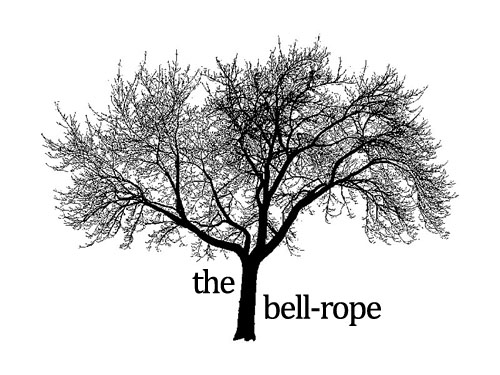Fyodor gripped the envelope in a bird-like fist and stared into the fire. They would be coming now, soon: the telephone calls from family and friends he had not spoken to in years, hoping to make up for past abandonments by being first in line. Reporters. He looked at the pitiable mound of pink slips on his desk, bills that taunted, threatened, and ruled him only a few days ago, and he felt with a horrible sinking in his chest that they had no power over him any more.
Six months ago everything had been different. First, his wife’s affair, well-documented by the local press, became so messy and sensational that his supervisor had been forced to fire him. The shock of losing his wife and his livelihood all at once caused him to begin having panic attacks again, after which even those who remained by him after the scandal were too embarrassed to accompany him in public.
He had been, in a word, miserable. He never left his apartment, which began to smell like the home of someone who had recently died and whose corpse had not been found. Eventually he pulled out a novel he had started writing shortly after getting married, and occupied himself by making revisions. He crossed out more than he added. Whole sheets crinkled and disappeared in the fire. These small acts of destruction buoyed him, gave him hope, but there was soon little left to destroy – and so he began to write, long uneven pages of it, a writing that was as violent as the destruction had been.
He prayed, yes, he prayed that the book would lead him out, he prayed to the book, for it was all that was left to him, a hope of thinnest glass. Oh, but that he could feel happiness once again before his days ran out! He did not know if it was possible.
But the curious thing about memory is that it has no capacity for pain. One can remember times of suffering, of course, but try as one might one will not conjure the feeling of suffering itself, the claustrophobia and the terror: these are gifts that leave you when you leave them. And so it went that Fyodor pulled himself together, he scraped by with a night shift at a gas station, cut his hair, began – once more – to hum. One night he saw a pair of squirrels perching silently on a branch, their small faces toward the light of the full moon, and he remarked how curious it was. And then he got the letter.
He wanted, now, desperately to turn back the clock, to go back a few days before he had read the news, to a time when everything was gloriously uncertain. Yes, he had been doing better, but he never deluded himself that he was in the clear, that – as the stories go – he would live happily ever after. Then, the world could still have ended. Now the world sided annoyingly with him, giving him exactly what he had asked for, all of it, and it made him sick to think about.
And then he thought, what if this is a sign that I am not yet happy? What if my feeling sick means that I am not actually there, but that just the outward conditions that I always assumed led to happiness have been fulfilled? For now the curtain is raised, there is no escaping the truth anymore: where before I could have blamed my lack of happiness on a lack of things, I now lack no more and yet still feel a lack. I cannot live in the charade any more. I have done all that I can, and yet I still lack.
And with this thought relief rushed through him like fresh rain.
Subscribe to:
Post Comments (Atom)

No comments:
Post a Comment